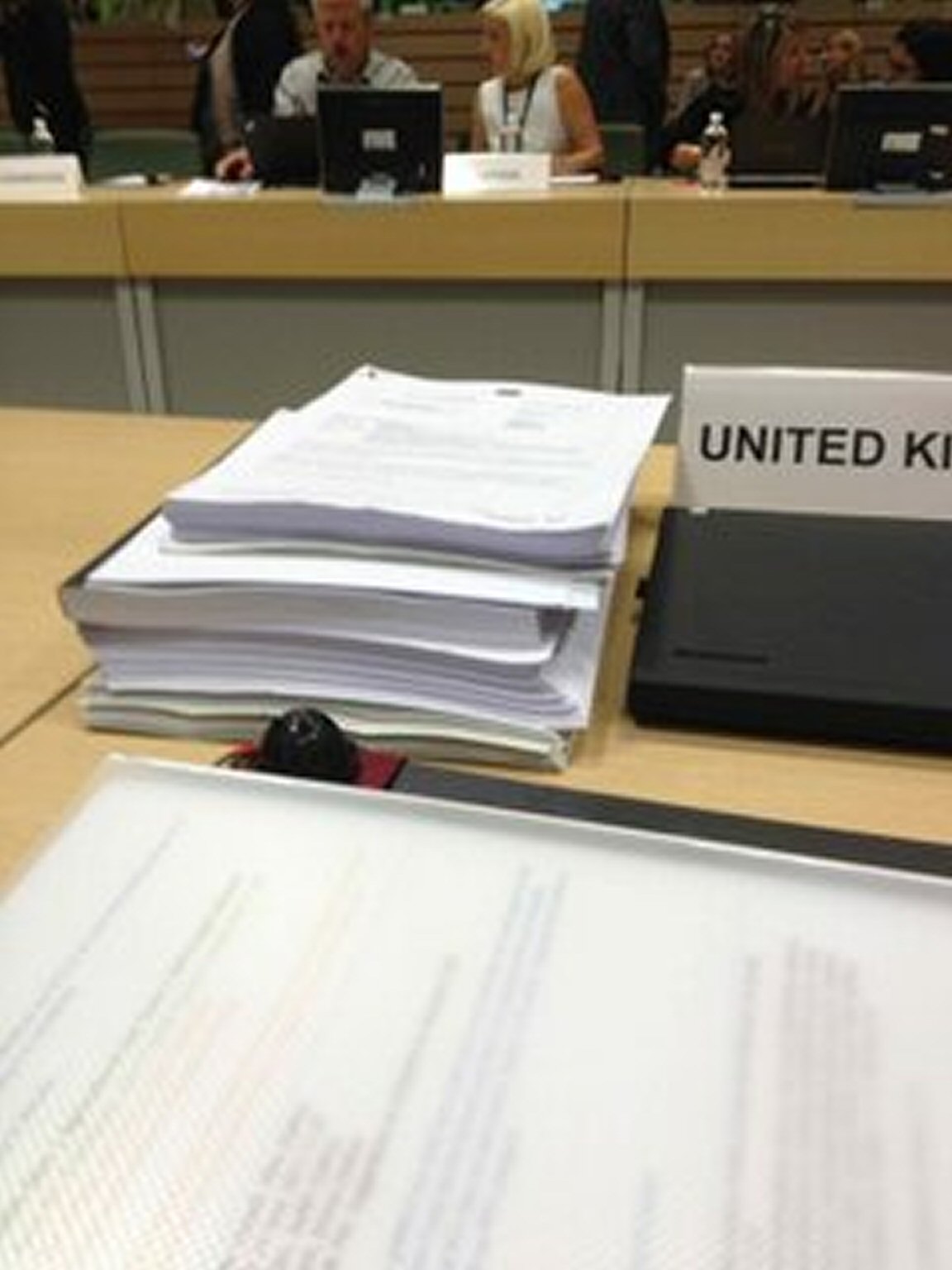All roads lead to Luxembourg this weekend where agricultural Ministers begin to gather on Sunday for individual trilaterals with the Irish Presidency and the Commission prior to the formal opening of the Agricultural Council meeting on Monday next. The schedule for the following few days is set out in this post from Alistair Driver of the Farmers Guardian.
Monday morning is set aside for a formal Council discussion with a view to revising the Presidency’s mandate for the trilogue negotiations with the Parliament. Parallel trilogues with the Parliament’s negotiating team on the four regulations will then take place on Monday afternoon. Tuesday the Council will discuss the remaining issues of contention in a bid to find common ground and on Wednesday the Presidency returns to Brussels for what is hoped will be the final trilogue with the Commission and Parliament in the bid to reach a political agreement on the revision of the CAP regulations for the 2014-2020 period. The EP’s view of this timetable is given in this press release.
In preparation for these meetings the Presidency has released a package of consolidated texts identifying the points of convergence and the main outstanding issues, as follows:
– The direct payments regulation
– The single common market organisation regulation
– The rural development regulation
– The horizontal regulation
These texts reflect the state of play in the informal trilogues to date and include all the amendments for which the Presidency, the European Parliament and the Commission have supported ad referendum. The texts show not only what has been agreed to date in the trilogues but also what remains to be discussed – and there are a lot of blank spaces! Seeing how much remains outstanding at this stage one could be forgiven for doubting that so much ground can be made up over two days of trilogue talks. One must assume that, in fact, there has been considerable progress in redrafting the remaining articles but that the blank spaces cannot be filled in until there is a higher-level agreement on the political direction to go.
Outstanding issues
The Presidency has identified the main outstanding issues as follow (see this Background Note for the Council meeting):
-
• Direct payments regulation: Financial discipline (Article 8(2)); Definition of active farmer (Article 9); Capping (Article 11); Basic payment options (Articles 22 and 28 a/b), Green payment (Articles 29 to 33); Young farmers (Article 36); Coupled support (Article 38); Small farmers (Article 47);
• Single CMO regulation: Sugar quotas (Article 100a, 101, 130a, 130b, 163 and 165); Vine planting rights (Articles 54a and 163); Market support arrangements (Articles 7 to 20 and 156a to 156c);
• Rural development regulation: Areas of natural constraint (Article 32 and 33); Financial provisions (Articles 64 and 65)
• Horizontal regulation: Number of paying agencies (Article 7); Specific provisions linked to payments (Article 42(2), Article 43, Article 44, Article 56, Articles 76(1) and 76(d).
The outstanding issue of “greening” (i.e. equivalence, baseline) is transversal to direct payment regulation, rural development regulation and horizontal regulation (Article 29 in all regulations).
The Council (and also the Parliament negotiators) works with four column texts which show, for each article, the original Commission proposal, the EP plenary amendments, the Council general approach, and Council comments or positions. The Council’s four column documents prepared for the first informal trilogue are currently restricted documents, with the exception of the direct payments document, although here the fourth column showing the Council’s possible position has been deleted in the version currently available to the public. A list of the Council documents prepared in the course of the negotiations, which are all currently restricted, can be found by searching the Council documents using the interinstitutional file number 2011/0281(COD); these documents will be important source material for a later understanding of this CAP revision.
The outcome
The sheer volume of the outstanding issues to be bridged is one potential obstacle to the timetable outlined above; already there is some discussion of the Brussels trilogue continuing into Thursday. On substantive issues, the Council and the Parliament are not that far apart, but inter-institutional rivalries continue to itch as Paolo de Castro, the COMAGRI chair, made clear after the informal Dublin Agricultural Council meeting in May.
Parliament objects to the Council’s refusal to negotiate on those aspects of the regulations which are covered by the European Council’s MFF conclusions in February 2013. The powers given to the Commission through delegated and implementing acts could also prove a stumbling block. If a political agreement is reached next week, don’t be surprised if it is accompanied by a political declaration to work further on some issues in the period before COMAGRI meets on 8-9 July.
At this stage, none of the parties are contemplating the options if there is no agreement next week.
Photo credit Martin Nesbit @arrhenius via Twitter


